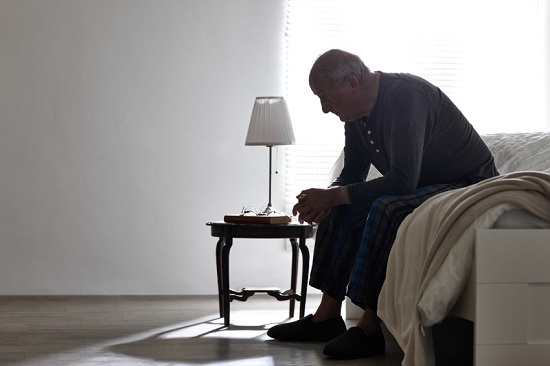
The effects of hearing loss appear obvious, such as the stress of the chronic struggle to hear and the impact this can have on relationships. But what if the consequences went deeper, and could actually impact your personality?
Research from the University of Gothenburg suggests that this may be the case. The researchers studied 400 individuals aged 80-98 over a six-year time period. The researchers measured a number of physical, mental, social, and personality criteria throughout the study, including extroversion, or the disposition to be outgoing.
Interestingly, the researchers couldn’t connect the decrease in extraversion to physical variables, cognitive decline, or social obstacles. The single factor that could be linked to the decrease in extraversion was hearing loss.
While people generally speaking become less outgoing as they age, this study shows that the change is amplified in those with hearing loss.
The effects of social isolation
Decreased extraversion, which can result in social isolation in the elderly, is a significant health risk. In fact, a meta-analysis of 148 studies evaluating the relationship between social isolation and mortality found that a shortage of supporting social relationships was correlated with increased mortality rates.
Additionally, social isolation is a major risk factor for mental illness, including the onset of major depression. Going out less can also result in reduced physical activity, leading to physical problems and weight issues, and the shortage of stimulation to the brain—normally obtained from group interaction and dialogue—can lead to cognitive decline.
How hearing loss can create social isolation
The health effects of social isolation are well developed, and hearing loss appears to be linked to diminished social activity. The question is, exactly what is it about hearing loss that makes people less disposed to be socially active?
The most apparent answer is the trouble hearing loss can present in groups. For people with hearing loss, it is often exceedingly challenging to follow conversations when several people are talking all at once and where there is a good deal of background noise.
The persistent battle to hear can be exhausting, and it’s sometimes easier to forgo the activity than to battle through it. Hearing loss can also be embarrassing, and can create a feeling of isolation even if the person is physically part of a group.
For these reasons, amongst others, it’s no surprise that many people with hearing loss decide to abstain from the difficulties of group communication and social activity.
What can be done?
Hearing loss triggers social isolation primarily because of the trouble people have speaking and participating in group settings. To make the process easier for those with hearing loss, think about these tips:
- If you have hearing loss, consider trying hearing aids. Today’s technology can treat practically all instances of hearing loss, providing the amplification required to more easily interact in group settings.
- If you have hearing loss, speak with the group beforehand, informing them about your hearing loss and suggesting ways to make communication easier.
- For those that know someone with hearing loss, try to make communication easier. Limit background noise, find quiet areas for communication, and speak directly and clearly to the person with hearing loss.
With a little awareness, planning, and the proper technology, we can all make communication a little easier for individuals with hearing loss.
